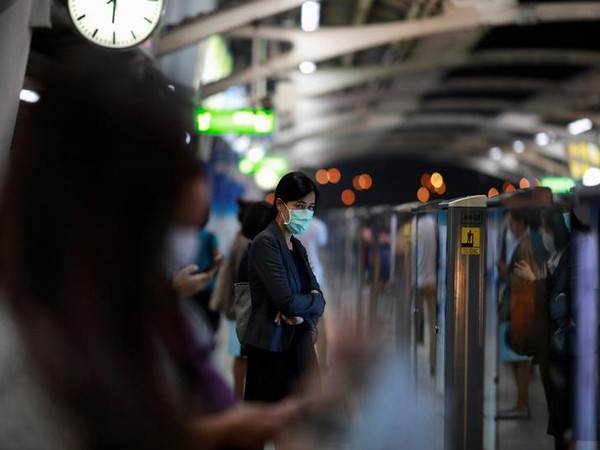World Bank approves US$500M loan to help Philippines mitigate COVID-19 impact
“The COVID-19 pandemic has badly hurt millions of poor and vulnerable Filipino families, particularly daily wage earners,” said Achim Fock, World Bank Acting Country Director for Brunei, Malaysia, Philippines and Thailand.

- Country:
- Philippines
The World Bank’s Board of Executive Directors today approved a US$500 million loan to help the Philippines mitigate the impact of COVID-19 pandemic on poor and vulnerable households and to provide financial relief to small and medium enterprises.
"We thank the World Bank for its prompt action on this financial support for the Duterte administration's efforts to provide immediate relief to poor and low-income Filipinos plus small business workers who lost their income as a result of the work stoppages induced by the coronavirus pandemic," Finance Secretary Carlos Dominguez III said. "This swift loan approval underlines the strong international confidence in the government's capability to meet the massive financial requirements of containing this global health emergency.”
The Philippines Emergency COVID-19 Response Development Policy Loan supports the country’s efforts to provide social assistance to 18 million poor and vulnerable Filipinos badly hit by COVID-19, including additional subsidies in the monthly cash transfers given to 4.3 million beneficiaries of the Pantawid Pamilyang Pilipino Program (4Ps); expansion of social assistance to 13.6 million affected households that are not part of the program; and support for repatriated overseas Filipino workers.
This new funding also supports government efforts to alleviate the financial burden faced by small and medium enterprises through a two-month wage subsidy; additional financial relief through deferrals of tax and social security payments; and a credit guarantee scheme to help ensure continuity of their business operations and the preservation of people’s jobs.
“The COVID-19 pandemic has badly hurt millions of poor and vulnerable Filipino families, particularly daily wage earners,” said Achim Fock, World Bank Acting Country Director for Brunei, Malaysia, Philippines and Thailand. “This new financing can help with the delivery of financial support for struggling families and communities while the country is ramping up efforts to contain the pandemic and reduce its economic impact.”
Measures to contain the spread of Covid-19 such as travel restrictions and quarantines have severely affected small firms and their workers especially in sectors such as tourism, transport, agriculture, retail, and construction.
According to a rapid survey conducted by the government, 77 percent of micro and small firms and 62 percent of medium-sized firms had to close due to the enhanced community quarantines. Those that remained open suffered a 66.5 percent drop in sales. Government assistance to these firms can help prevent businesses from closing permanently and in the process save millions of jobs as the economy starts to recover.
On April 9, the World Bank’s Board approved a Third Disaster Risk Management Development Policy Loan of US$500 million to enhance the Philippines’s disaster preparedness policies, planning, and investments for public health emergencies at the national and local government levels. The financing provided under this project will also support the urgent needs created by the COVID-19 crisis.
On April 23, 2020, the World Bank approved a US$100 million loan for the Philippines COVID-19 Emergency Response Project to help meet urgent healthcare needs in the wake of the pandemic and bolster the country’s public health preparedness.
In response to the pandemic, the World Bank Group, one of the largest sources of funding and knowledge for developing countries, is taking broad, fast action to help developing countries strengthen their pandemic response. It is increasing disease surveillance, improving public health interventions, and helping the private sector continue to operate and sustain jobs. Over the next 15 months, the World Bank Group will be deploying up to $160 billion in financial support to help countries protect the poor and vulnerable, support businesses, and bolster economic recovery, including $50 billion of new IDA resources in grants or highly concessional terms.
ALSO READ
Israel Plans New Transportation Terminals in Northern Districts
Punjab Transport Employees Strike: A Battle for Job Security
India's Quick Commerce: A Rapid Revolution in Retail
India on Track for Bullet Train Era: A New Dawn in Rail Transportation
Sudan Lifts Oil Transport Force Majeure Amid Improved Security Conditions










